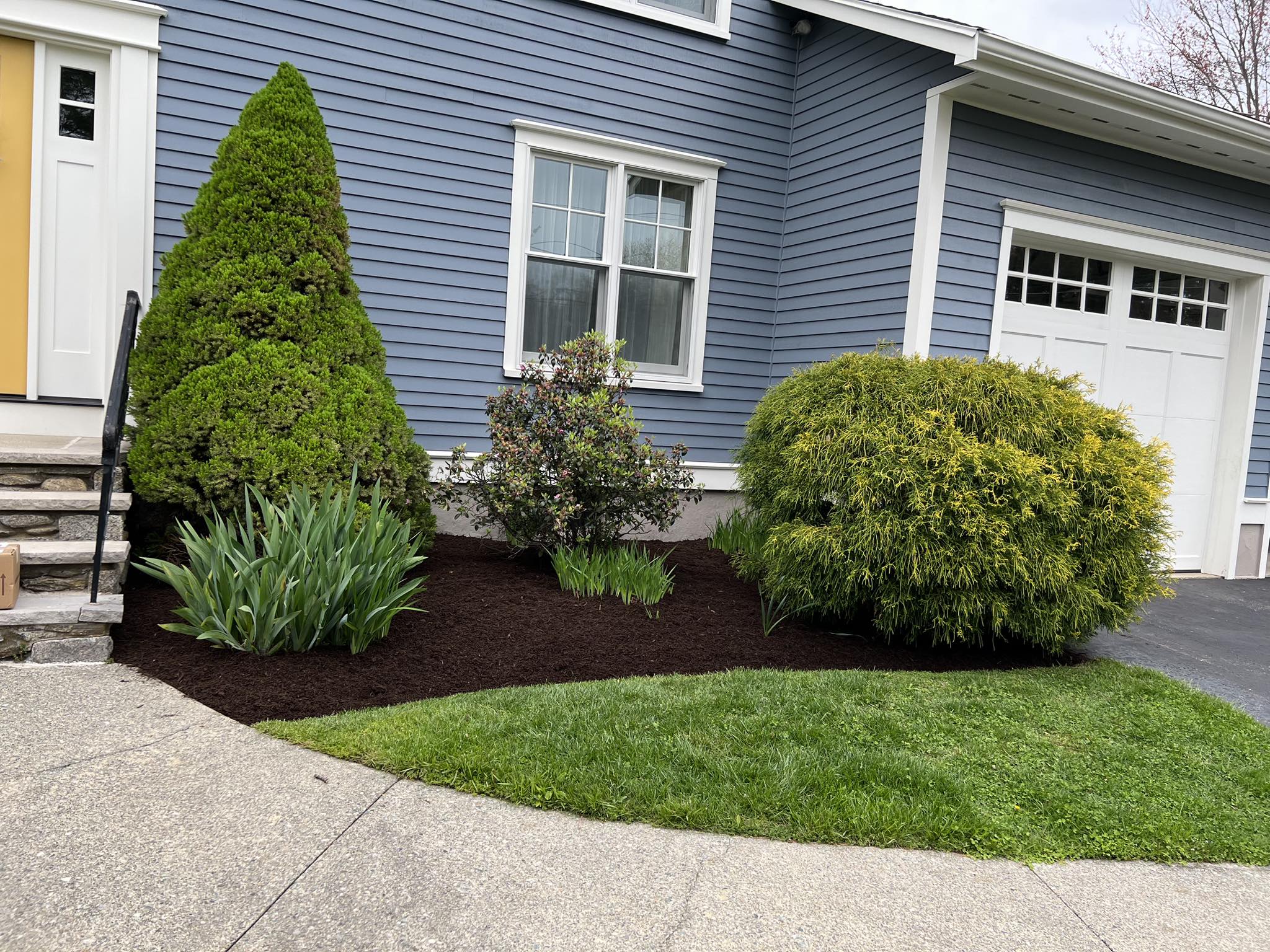
The Art of Sustainable Landscaping: Eco-Friendly Solutions for Your Home Oct 09, 2025
At its core, sustainable landscaping involves designing and maintaining a garden or yard in a way that efficiently uses resources and produces minimal waste. This approach emphasizes native plant selection, efficient water use, soil health, and natural pest management, all tailored to thrive in the local environment. Understanding these principles can help you make informed decisions about your landscaping choices.
A major component of sustainable landscaping is the selection of native plants. By choosing plants that are indigenous to your region, you ensure that your garden will require less water, fewer fertilizers, and minimal pest control. Native species are adapted to local climate conditions and soil types, which means they are resilient and provide habitat for local wildlife. D.S. Landscaping & Construction can assist you in selecting the perfect mix of native flora that will promote biodiversity while giving your yard a unique look.
Water conservation plays a pivotal role in sustainable landscaping. Techniques like drip irrigation systems, rain gardens, and the use of mulch can significantly reduce water usage. Drip irrigation delivers water directly to the root of the plants, minimizing waste and evaporation. Rain gardens are designed to capture and absorb rainwater runoff from roofs and driveways, reducing the burden on local water treatment facilities. Incorporating mulch into your landscape helps retain soil moisture, suppress weeds, and reduce water evaporation. These methods collectively ensure that your landscape maintains its lushness without straining natural resources.
Healthy soil is the foundation of a sustainable landscape. Soil rich in organic matter supports plant health and improves water retention, drawing down carbon from the atmosphere into the ground. Composting is an excellent way to enrich the soil with nutrients and organic matter, turning yard waste and kitchen scraps into a valuable resource. Through soil testing, D.S. Landscaping & Construction can help determine the specific needs of your soil and recommend organic amendments to enhance soil health.
Finally, embracing natural pest management can drastically reduce the need for chemical pesticides. Encourage beneficial insects, such as ladybugs and predatory beetles, by planting flowers that attract them. Implementing companion planting—where certain plants are grown together for mutual benefit—can naturally deter harmful pests. These techniques create a self-sustaining environment, reducing the dependency on artificial chemicals and fostering a healthier landscape.
Incorporating sustainable practices into your landscaping is not just a trend but a commitment to preserving the environment and ensuring the longevity of your outdoor space. By choosing D.S. Landscaping & Construction, you partner with experts dedicated to integrating eco-friendly solutions tailored to your space and preferences. Together, we can craft the perfect sustainable landscape that offers beauty and environmental stewardship for generations to come.
Start your journey towards a more sustainable and visually appealing yard today by consulting with our team. Your home will not only stand out for its beauty but also for the positive impact it makes on the planet.
/filters:no_upscale()/media/d4c7fe34-f07f-44fe-8ab5-d29a013be15e.jpeg)
/filters:no_upscale()/filters:format(webp)/media/724894ee-4a04-4931-9bc1-0c679a0596f5.jpeg)